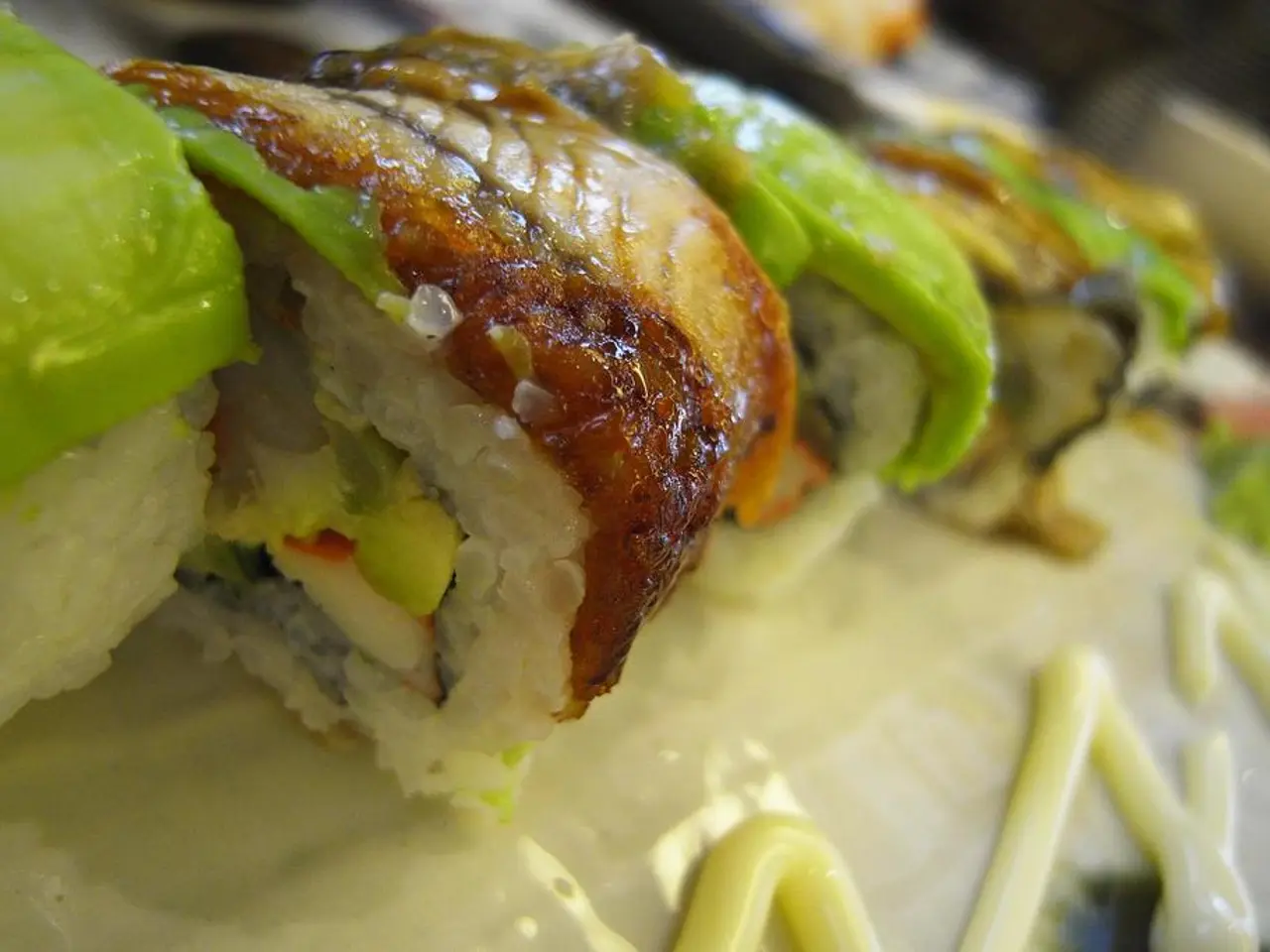National security relies on food security
In the face of increasing dependence on food imports and vulnerabilities related to climate and energy, Taiwan is taking a proactive approach to improve its food security. The island nation is implementing a range of strategies to diversify food sources, enhance domestic agricultural efficiency, and strengthen international cooperation.
Taiwan's limited farmland and unreliable water supply for irrigation make it heavily reliant on food imports such as soybeans, beef, corn, dairy, fruits, and grains. This dependence leaves the country vulnerable to external shocks, making diversification of import sources a crucial aspect of Taiwan's food security strategy.
To reduce the risk linked to geopolitical tensions and supply chain disruptions, Taiwan is emphasizing trade diversification beyond traditional partners like China and the US. Initiatives such as the New Southbound Policy aim to boost economic ties with Southeast Asian and Indo-Pacific countries, providing alternative sources for food and energy supplies.
Energy costs also play a significant role in food production and imports. Taiwan imports about 96% of its energy needs, and efforts to diversify energy sources contribute indirectly to food security by stabilizing energy costs and supply reliability.
Taiwan's government is also focusing on innovation and technology to enhance agricultural output and supply chain resilience. Investments in AI, semiconductor technology, and communications aim to increase efficiency and reduce dependence on imports.
Specific strategies include promoting sustainable agricultural practices to cope with limited water and land resources, supporting domestic poultry and livestock industries by securing stable grain imports, expanding stockpiles and improving logistics and storage to buffer against climate-induced supply disruptions, and encouraging consumption patterns that balance local production capabilities with import needs.
In addition, Taiwan should consider forging new international partnerships, such as the recent Taiwan-US memorandum of understanding on food security. The island nation should also prioritize the expansion and diversification of domestic food production, building on the Big Granary Project.
However, the food security situation in Taiwan is not just a domestic concern. Recent events, such as Russia's invasion of Ukraine, have disrupted domestic supply chains, halted oilseed processing, and closed key ports, leading to food insecurity for one in three Ukrainians. Examining how current conflicts and strategic competitors are shaping global food resilience landscapes can help illustrate the urgency of bolstering food security in Taiwan.
Taiwan's food security is also shaped by external shocks - economic, climatic, and infrastructural - that affect its ability to produce, import, and distribute food. The climate crisis, for example, is already having a significant impact on Taiwan's agricultural sector, with disrupted typhoon patterns, rising temperatures, and increasingly erratic rainfall shortening growing seasons, degrading crop quality, and reducing yields of essential staples such as rice and corn.
Given these challenges, Taiwan needs to elevate food security to a strategic priority. This includes addressing economic dependence on imports, exposure to climate risks, and the energy systems underpinning agricultural production. A clear, food-specific energy continuity plan is also essential to mitigate potential disruptions in the event of a crisis.
In conclusion, Taiwan's food security strategy is multifaceted, addressing import diversification, domestic agricultural constraints, energy dependence, and geopolitical risks through trade policy, technological innovation, and international cooperation. As the world grapples with increasing food insecurity and the impacts of climate change, Taiwan's efforts to strengthen its food security serve as a model for other nations facing similar challenges.
[1] Food Tank (2022). Taiwan's Food Security: Challenges and Opportunities. Retrieved from https://foodtank.com/news/2022/05/taiwans-food-security-challenges-and-opportunities/
[3] EnergyTrend (2021). Taiwan's Energy Security and Food Security: Interdependence and Strategies. Retrieved from https://www.energytrend.com/news/20210726-47475.html
[5] Council on Foreign Relations (2021). Taiwan's Food Security: Challenges and Opportunities. Retrieved from https://www.cfr.org/report/taiwans-food-security-challenges-and-opportunities
- Taiwan's approach to enhance its food security also includes diversifying its lifestyle and food-and-drink choices, favoring locally produced goods as part of the Big Granary Project and promoting sustainable agricultural practices to balance local production with import needs.
- Taiwan's proactive stance on food security extends to general-news and politics, as it works to strengthen international partnerships, such as the Taiwan-US memorandum of understanding, and counter potential geopolitical tensions that may disrupt its food and energy supply chains.







